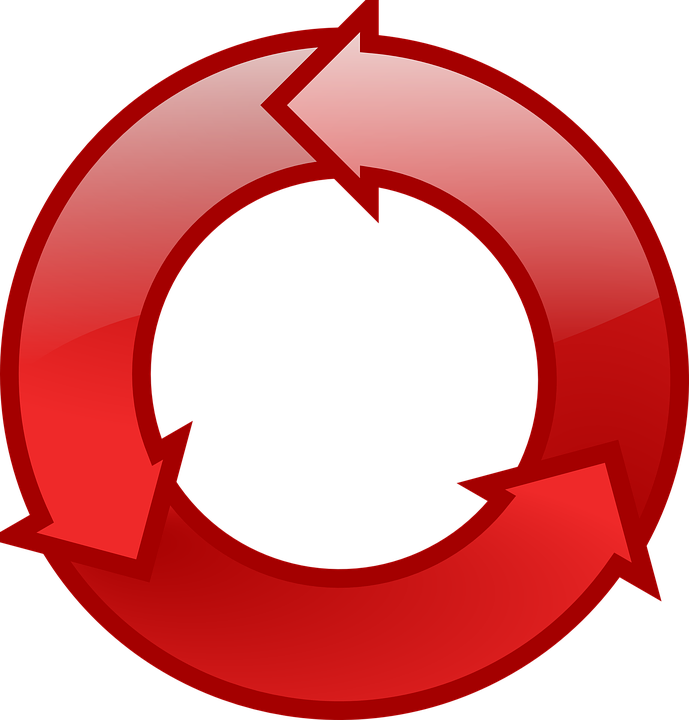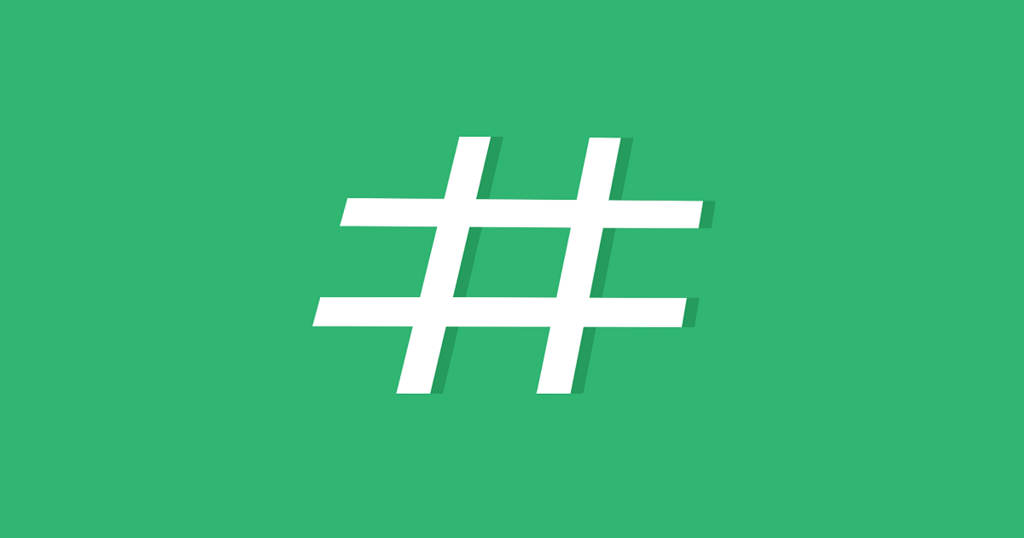Language Trends: Even Words Come Back into Fashion
Whether you despair at the latest slang trending on your Twitter feed, or kid yourself you're still relevant by using the lingo that the kids say, it is impossible to ignore that language does indeed come in waves. Groovy, wicked, cool and bad are all words that were once on the tip of everyone's tongue, and still see the odd resurgence depending on what's going on in our pop culture today.
According to a recent study conducted by the University of Manchester and the National Council for Scientific and Technical Research in Argentina (NCSTR), it appears language not only has the odd trend resurgence, but also comes in 14-year cycles. Intriguing!
Photo via Flickr
To the Google!
Yes, like many of us who rely on Google as though it is some all-seeing, all-knowing oracle, in order to conduct the research into language cyclical trends, Marcelo Montemurro and Damián Zanette of the University of Manchester and NCSTR, respectively, reached for a Google product to carry it out. The specific Google product used here was Google Ngram, a database of the words used by some five million digitised books.
Using a computer script to dig through the Google Ngram database, Montemurro and Zanette ranked the nouns listed there in order of popularity, tracking how that ranking shifted between 1700 and 2008. As all good statisticians would, Montemurro and Zanette were positively frothing at noticing the curious 14-year cycle of English words rising in popularity then being discarded like a favourite TV show before its time (yes, Firefly fans, we're still bitter, and no, we don't know if actual frothing happened. But still.).
Speculation and null hypotheses

Photo via Flickr
As any researcher knows, statistical analysis is not the cut and dry be-all-and-end-all of getting the answers that you seek. Having data means you have information to rummage through to find said answers. Those investigating these language trends therefore looked for patterns, finding a few more interesting things.
The tendency for trending wasn't only found in English, for example. Similar cycle lengths were seen in French, German, Spanish, Russian and Italian. Words common in all of these languages such as king, queen and duchess have risen and fallen together across these languages over time.
Historical events have been suggested for the underlying reason for some of the trends in languages seen. Huge amounts of words that were rife in popularity during the world wars are no longer the ones we reach for to express ourselves with currently. And the constant fluctuation that is our political systems appears to have influenced the popularity of our words over time as well.
Learning a new language? Check out our free placement test to see how your level measures up!
But why there is a 14-year cycle instead of some other seemingly arbitrary length between these trends is something of a mystery. Cultural dynamics underwrite the trends, but not, it appears the cycle. This research has done what so many studies tend to do; posed more questions than provided answers.
Keeping up to date

Photo via Pixabay
We can look to the words we use in our own vocabulary to speculate what kinds of nouns might currently be trending were similar research to be conducted into today's language. You can easily imagine Google and Apple appearing high on the popularity list; to Google has come to mean to look stuff up on the internet, much like to hoover took over to vacuum clean our carpets did when the brand Hoover soared in popularity. Will linguists of the future ponder why apple went from being a predominantly common noun to a proper one, or will the beautiful technology that releases version after new version year upon year still be dominating our markets in centuries to come?
Technology might have added something else to our vocabulary besides these words that our ancestors would frown upon attempting to fathom their meaning. According to the research conducted by Montemurro and Zanette, the 14-year cycle trend seen over the span of 1700 to 2008 saw cycles over the past century being a year or two longer. Could telegrams, telephones, and the communication hub that is the internet possibly be influencing the trends and keeping words popular for longer?
2016

Photo via Pixabay
It would probably be wrong to be talking about trends in words without looking at some of those currently trending. According to Time, Prince, David Bowie, Hurricane Matthew and Pokémon Go were all up there in 2016's Google Search trends, and it goes without saying that Brexit, Trump and Clinton were also pretty high on the list. Vaping, savage and millennials have all been words we are all also guilty of using far too often; let's hope they don't reappear in fourteen year's time.
What was your favourite word of 2016?



